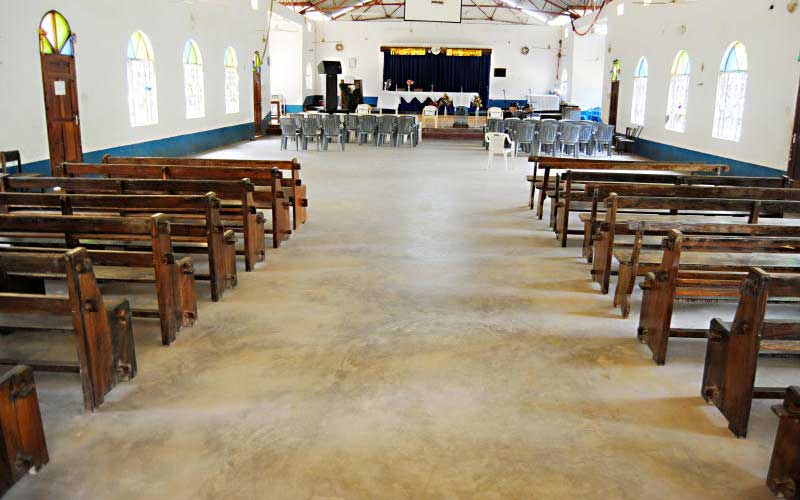
The thousands of pilgrims who travelled to Subukia two weeks ago must have been flabbergasted at the sight of two dozen barefooted bishops processing onto the altar.
If a picture is worth a thousand words, then this moving gesture illustrated beyond doubt the desperation the prelates wanted to convey about the shocking moral collapse of this great country.
This was a huge symbolic act of solidarity with millions of poor Kenyans left jobless, homeless and shoeless because of the endemic looting of public coffers. It reminded one of the Prophet Amos who lamented 3,000 years ago that the poor are sold off for a pair of sandals (Amos 8:6).